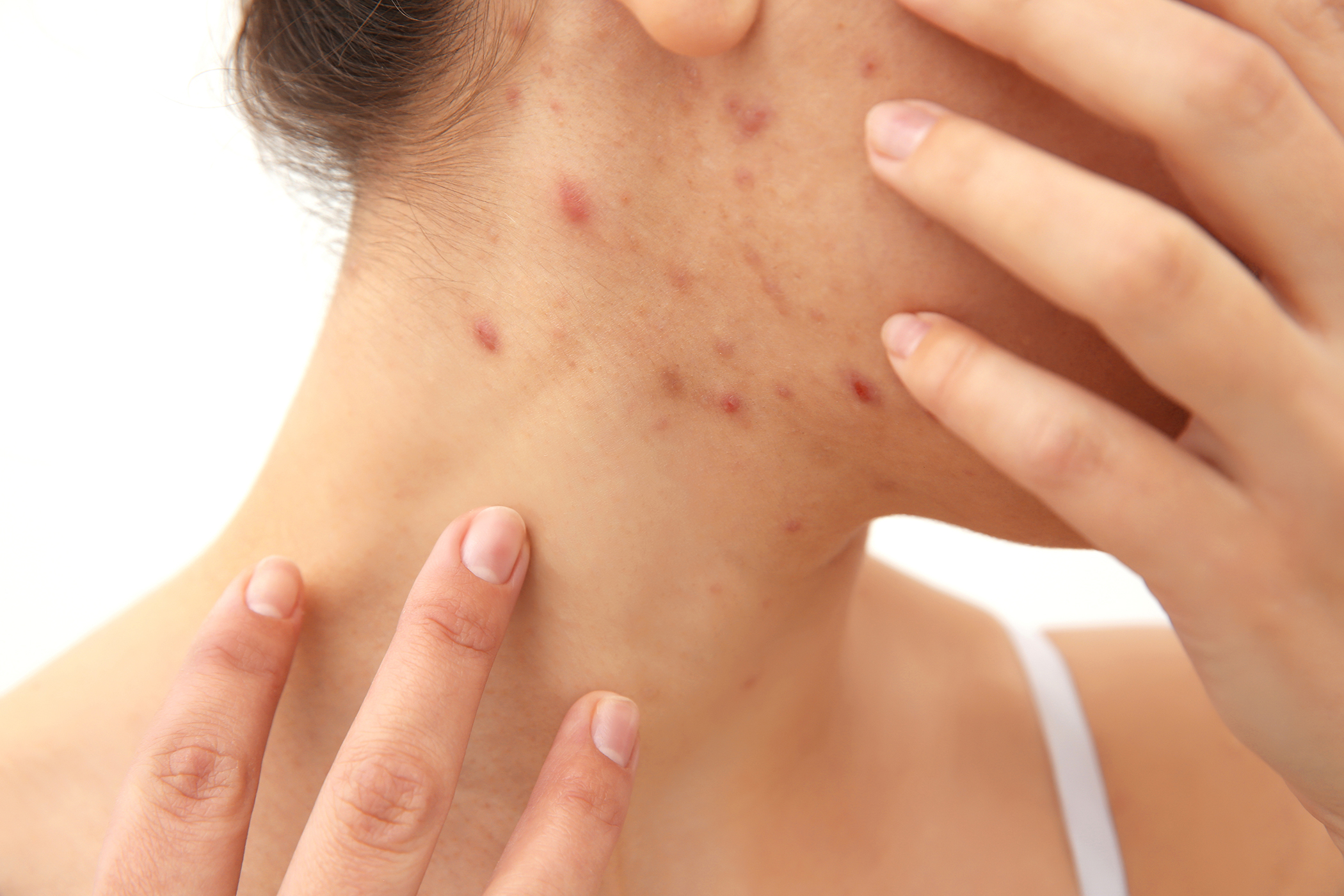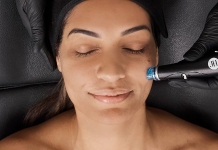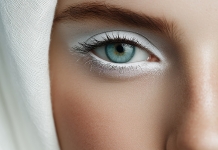Expert Advice: Busting myths during Acne Awareness Month
Annabelle Bourne debunks 'fake news' surrounding one of the world's most common skin problems.
 Acne Awareness Month is happening all throughout June, and it's a perfect time to learn more on the causes of Acne that can seem so frustratingly mysterious until we have the right information, so we can find effective ways to treat and prevent it. Acne is one of the most common skin problems globally.
Acne Awareness Month is happening all throughout June, and it's a perfect time to learn more on the causes of Acne that can seem so frustratingly mysterious until we have the right information, so we can find effective ways to treat and prevent it. Acne is one of the most common skin problems globally. According to research, about 95% of people aged 11 to 30 are affected by Acne to some extent in the UK, while over 80% of people in the USA experience Acne at some time during their lives.
Here are some of the most-common Acne-related myths…
"Adults don't get Acne"
It's a common misconception that only teenagers get Acne, but there's increasing awareness now of just how common adult Acne is. In recent years, the number of adults experiencing Acne has been increasing significantly, and the trend is expected to continue. Adult women tend to be disproportionately affected by Acne compared to adult men, due to hormonal issues and fluctuations.
The perception of Acne as a teenage skin issue that will go away once puberty is over is one of the most common myths out there about Acne. The truth is, in recent years, Acne has become more of an adult skin problem. It is still unclear what is causing this change, but factors may vary from environmental impacts to the use of certain medications, to hormonal imbalances.

This is such a common myth. Even though people with oily skin may have a slightly higher risk of Acne, in reality this is not a decisive factor since all skin types can experience Acne, even dry skin. Acne is caused by bacteria that lives on the surface of the skin and, in the case of a certain imbalance or health condition, the bacteria can build up, causing inflammation and clogging pores. So, it really has little to do with skin type.
"Sunbathing helps to reduce Acne"
The idea that Acne appears only on oily skin led to many people trying sunbeds or tanning beds in an effort to ‘dry out' their skin and clear up Acne. While it's true that sunbathing dries out our delicate skin, dryness doesn't necessarily help Acne as those with dry skin can still experience breakouts, just as those with oily skin can be Acne-free. Sunbathing most likely won't have any positive effects on Acne treatment, or on your skin itself, and can actually be harmful.
Sunbathing isn't an answer to any of our skin problems, as sun exposure itself is a source of numerous skincare issues, from premature aging to pigmentation, and, most definitely, it can't be seen as an Acne treatment.
"Acne will go away by itself"
So many of us fall for this myth, thinking we can just wait out our Acne in a last-man-standing face-off once puberty is over. In reality, the rate of Acne in adults globally is increasing, affecting more and more, to the point where it is now considered a chronic condition that requires consistent treatment to keep our skin clear.
Receiving a professional assessment and detailed treatment plan is one of the most important steps to successfully treating Acne as it requires ongoing careful management. For example, through GlowBay I offer online
skin consultations. During your 45-minute consultation, I assess clients' skin and formulate a tailored treatment plan complete with a personalised recommendations and product prescriptions, allowing them to start your journey towards clean and healthy skin as soon as they leave the consultation.
Annabelle Bourne is Certified Skincare Expert and owner of Eterno Skin Clinic in Wolverhampton. She is also co-founder of GlowBay, and official Obagi ambassador.

-(1)-13444.jpg)



-13446.jpg)


